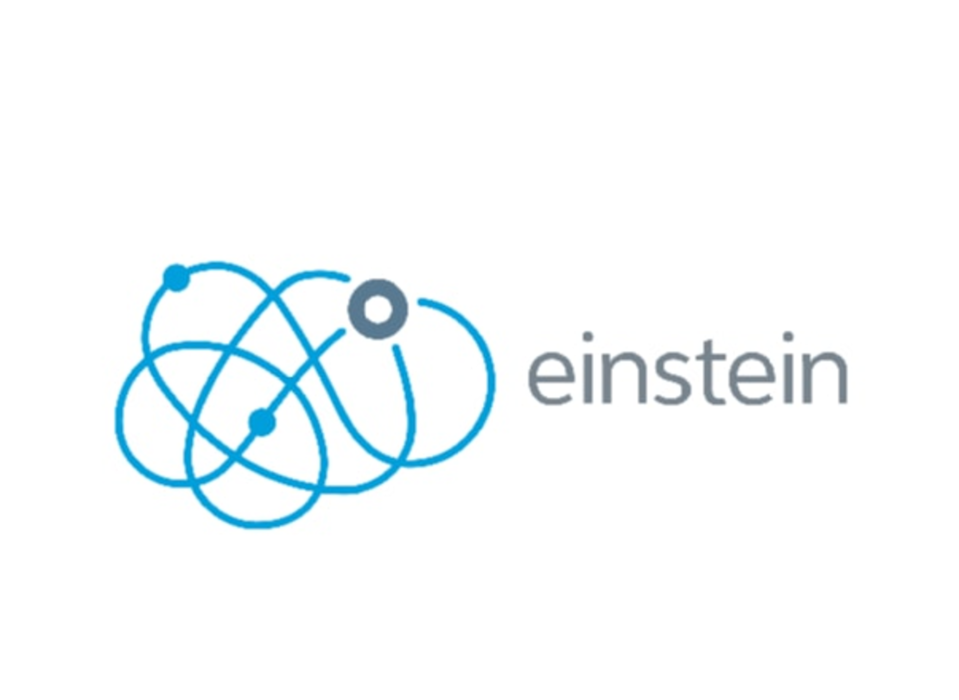Today sees the launch of Salesforce Einstein, described as “AI for Everyone.”
Essentially, Einstein is a layer of machine learning capabilities baked into the “customer success” platform between the Thunder data level and the Lightning UI. Einstein’s capabilities will instantiate in different ways for each of the Salesforce clouds—marketing cloud, sales cloud, commerce cloud, service cloud, analytics cloud, app cloud, and IoT cloud. Examples from the marketing cloud include:
- AI-enhanced predictive scoring, rating the likelihood of a prospect’s engagement with messages, likelihood of making a web purchase, etc; and
- AI-enhanced predictive audience segments.
Einstein will also apply deep learning to enable Salesforce Social Studio to engage in “visual listening”—treating images in the same way as text. Predictive scoring and visual listening are completely new features on the platform. Salesforce Einstein was created by a team of 175 data scientists. Not only is it baked into the Salesforce platform; it will also enable fast configuring of AI-powered apps in the app cloud.
Salesforce also announced a new research group, under the directorship of MetaMind founder Richard Socher. Salesforce acquired the deep learning start-up earlier this year. According to a press release, the group will focus on delivering “cutting-edge, breakthrough AI research across deep learning, natural language processing and computer vision to Salesforce’s product and engineering teams.”
In a briefing call with Socher and John Bull, GM of Salesforce Einstein, the emphasis was on “democratizing AI.” AI, and especially math-heavy deep learning, are “too complex for the vast majority,” said Bull. Data science resources are scarce, modeling is difficult, and going the “last mile” to surface actual recommendations is especially demanding. In a demonstration, Einstein worked behind the scenes of the Salesforce UI to generate predictive results without extra effort from the user.
I asked whether Einstein’s functionality within the various clouds could actually be overlooked by users. Bull said there had been “philosophical conversations” about this. “The best AI,” he said, “is when the user doesn’t actually notice it. It’s baked in, we see it throughout the user experience, but in time the user will forget that it’s an AI-powered feature.”
Socher compared it with Siri. Habitual users forget they’re interacting with an app. “It’s where technology is going,” he said.
Pricing does not yet seem to be finalized. According to Bull, some Einstein capabilities will be bundled in with existing licenses, for others there are likely to be additional charges.








